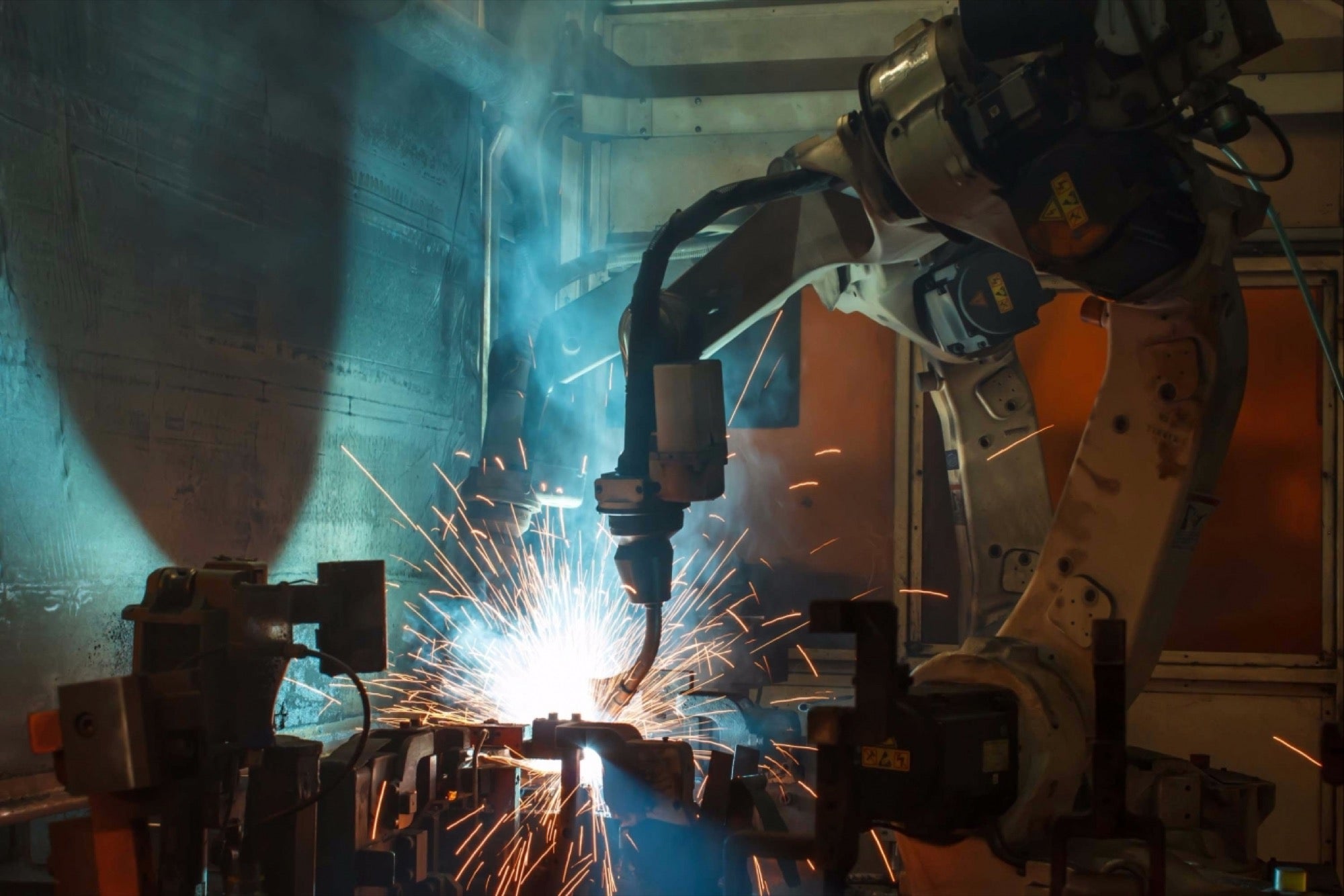Why Sales Cannot be Automated in the Next 5 Years in FMCG Industry ? Automation can be done in sales activities, forecasting, pipeline management and tracking of customer interactions.
By Suddan S S
Opinions expressed by Entrepreneur contributors are their own.
You're reading Entrepreneur India, an international franchise of Entrepreneur Media.

Automation is striking different industries in different domains and in different scales. The fear of automation in jobs that involves routine tasks like data entry, data processing, and predictable physical work runs pretty high. Even banks have started automating a lot of tasks. In the Indian IT sector, 6.4 lakh "low skilled" jobs will be lost to automation in the next five years, according to a US-based research firm. Although analysts are saying that jobs will also be created due to the increased demand for skilled labour, it goes without saying that life for unskilled labours will become tougher.
Sales is a domain which has also seen a degree of automation. There are software available to automate and streamline the sales cycle. Automation can be done in sales activities, forecasting, pipeline management and tracking of customer interactions. These are activities that help in sales, which have been automated. The core function of sales is difficult to automate. Here are three reasons why I think sales cannot be automated in the next five years
Human Instinct and Gut Feeling
One of the fundamental reasons to why sales cannot be automated totally and why successful sales professionals are held in such high regards is that sales need human instinct and gut feeling. Sure you have access to all kinds of data and forecast, but sometimes only a human can make the fine distinction between that is likely to work even if all the data says otherwise.
Automation can aid the process of sales but it can't really replace or automate the entire process. As sales involve many decision making, sales professionals should have nothing to fear about automation taking their jobs.
Human Interaction is Critical in Sales
Sales involve human interaction and negotiations. These cannot be automated. Much of the sales process is a conversation between a sales professional and a customer. There is a need to emotionally connect with the customer and understand their problems and address them correspondingly. Such activities cannot be automated and left for the computer to do. At least not with the technologies we have at our disposal right now.
A human is better suited to understand customer demand than a robot. Also customizing orders for different customers according to their needs can be better done by a human.
Sales profession is too precarious
Sales professional will agree that their job is not an easy one. It suffers from a lot of uncertainty. A product desired and loved by the public today can take a complete u-turn and become undesirable the next year. Market tendencies, government policies, economic conditions and various other factors directly affect the sale of goods and services. Automating the process by taking into account all these factors and determining a sales strategy is a very difficult thing for a robot to do
A human is necessary to take into consideration all these factors and much more ( if applicable) and then decide whether a particular sales strategy will work.
Adoption of Automation takes Training of Internal resources
Adopting automation in the FMCG sector will require the companies to train people on how to use these tools in their day to day work. This will increase the cost of training. automation and training of human resources to work with these robots will be a huge investment for a company at this stage. For the next five years, I hardly believe full-scale automation will disrupt the FMCG industry.
Significant hiring of Skilled workers
In order to achieve full-scale automation, skilled workers, who have a know-how of how to work alongside machines need to be hired. Traditional salespersons will have to be replaced with technical people, who know how to operate and work with the machines. But they may not be good salespersons. So this provides additional challenges. Training, as I mentioned in the earlier point, will play a crucial role in bringing the sales professionals up to date with the latest technologies. This has to be a gradual process and cannot be done in the span of next 5 years.










